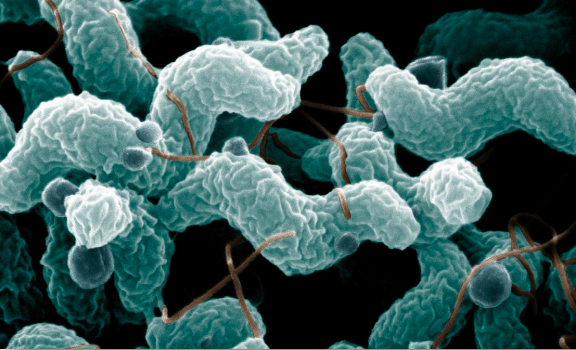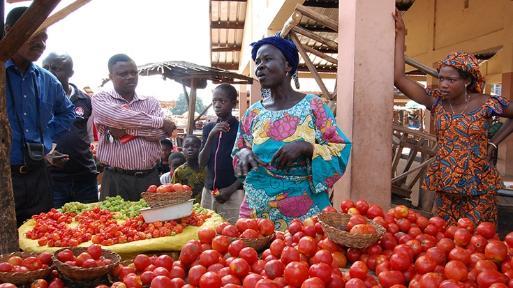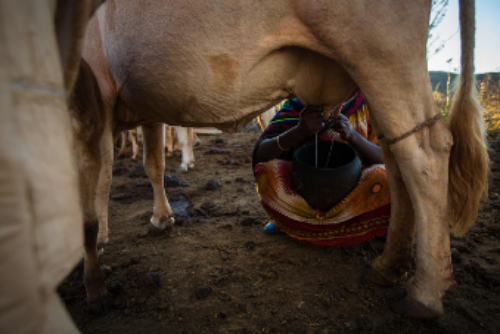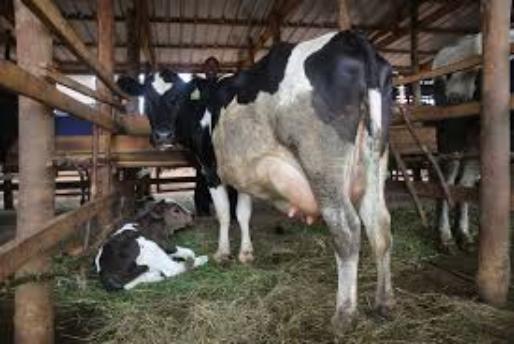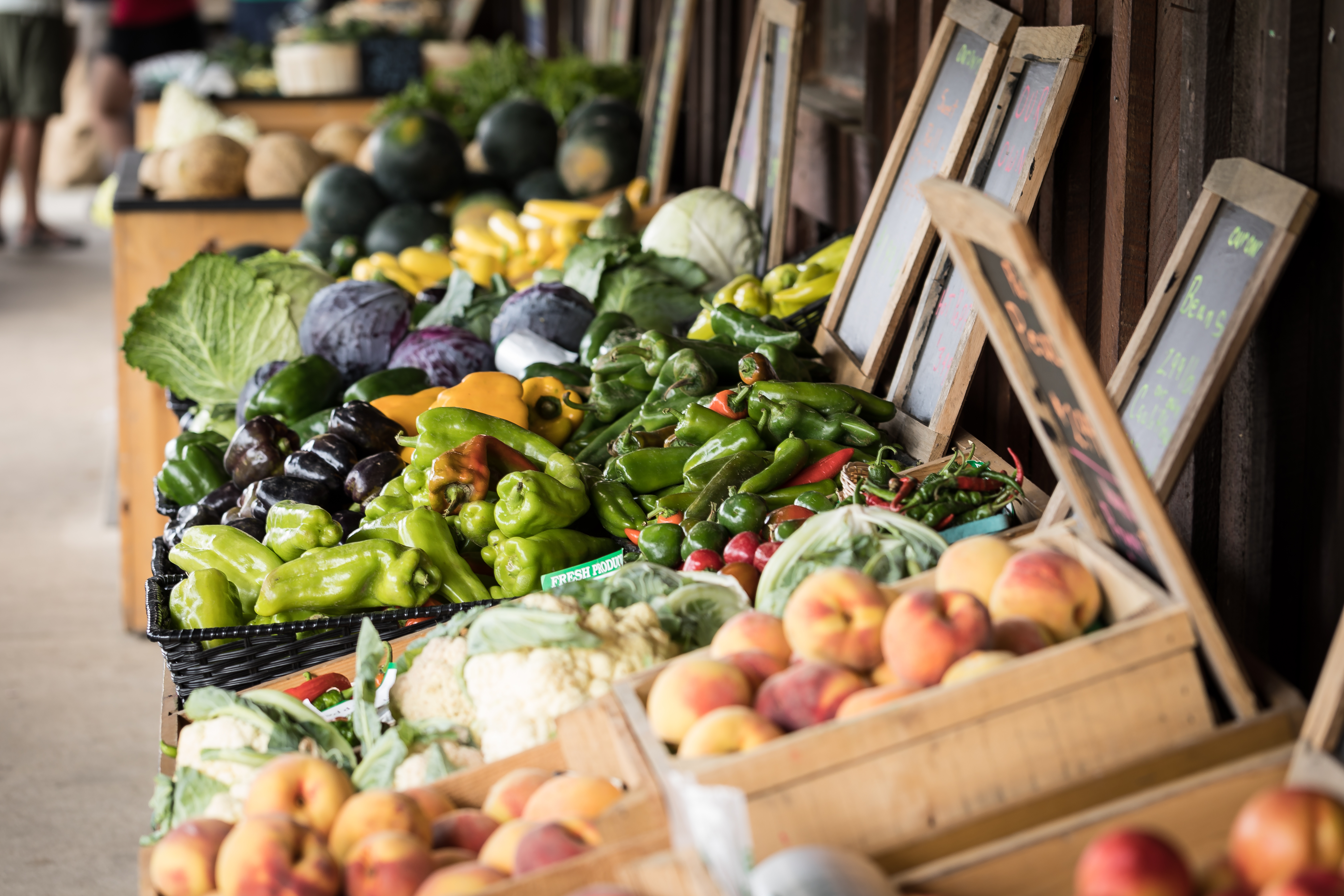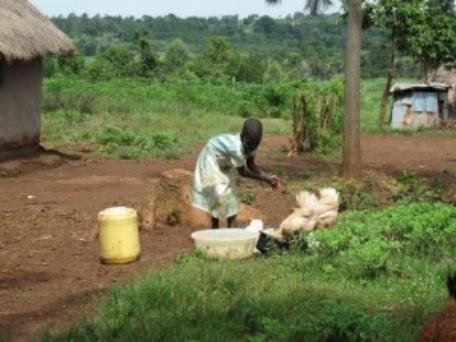Ongoing Projects

Feed the Future Innovation Lab for Livestock Systems
(LSIL)
The Feed the Future Innovation Lab for Livestock Systems develops long-term research and capacity-development efforts, primarily through multi-disciplinary, integrated, and competitively-funded applied research. LSIL aims to sustainably improve livestock productivity and marketing and animal-source food consumption using appropriate improved technologies, capacity development, and policies, in order to improve the nutrition, health, incomes, and livelihoods of vulnerable people. More details

